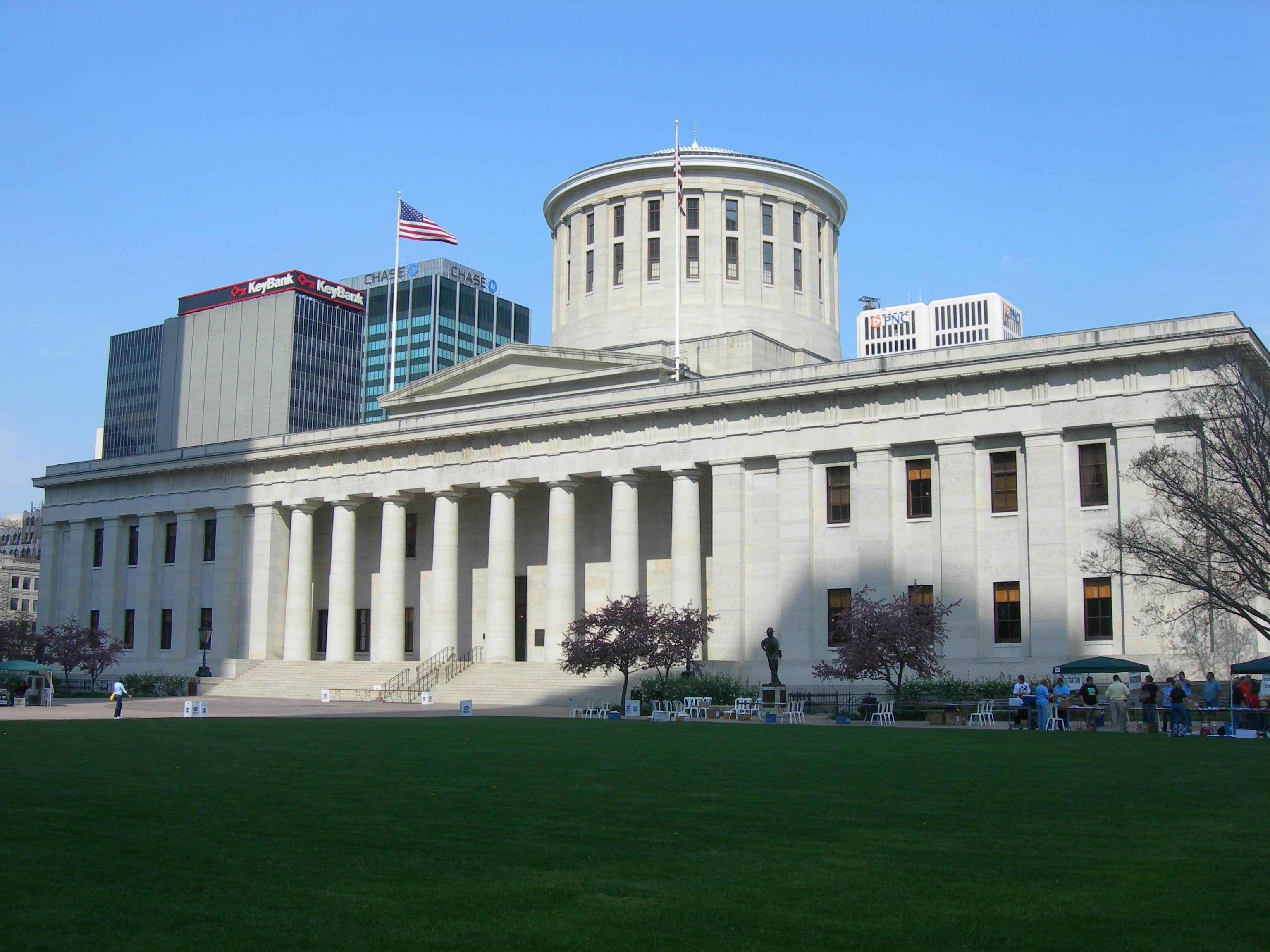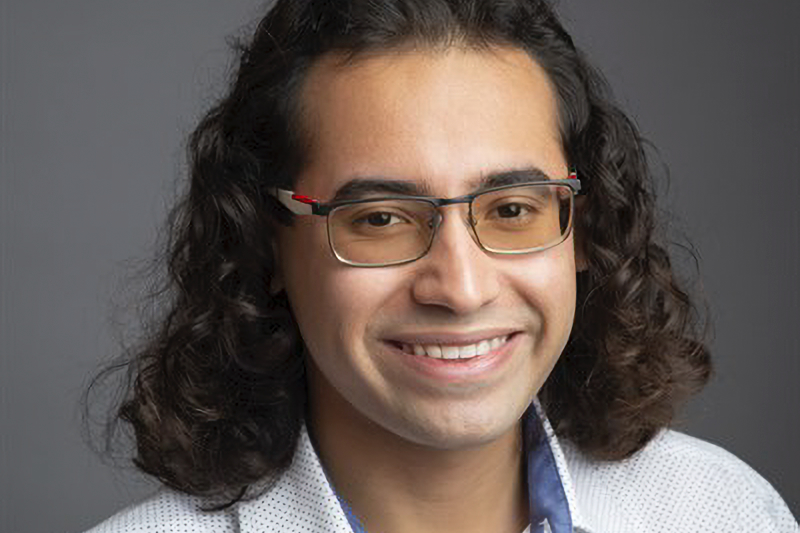Prostitution Proposal Sparks Debate in DC
Councilmember Alexander's bill to make prostitution-free zones permanent draws both sides to heated hearing
City Councilmembers Phil Mendelson (D-At Large) and Yvette Alexander (D-Ward 7) presided over a contentious hearing of the Judiciary Committee Tuesday that saw passionate testimony from both supporters and opponents of a bill that would grant the chief of police the ability to declare any public area a permanent ”prostitution-free zone.”
The measure, introduced by Alexander and co-sponsored by six other councilmembers, would allow the police chief to declare areas such as the Eastern Avenue corridor in Ward 7, near the Prince George’s County border, such a zone. Under current law, the chief may declare an area a prostitution-free zone, in which criminal penalties are increased for prostitution, but for only 20 days at a time.
”We need to rid this ill from our community,” Alexander said in reference to prostitution, which she continually reiterated was an illegal activity. ”It would not be accepted in any other ward in the community, and it will not be accepted in my ward.”
Witnesses testifying in support of the measure, many of whom live in Ward 7 or in nearby jurisdictions in Maryland, echoed Alexander’s concerns, saying they and their children have been exposed to ”lewd and unlawful acts” committed by prostitutes and their clients.
Metropolitan Police Department Assistant Police Chief Peter J. Newsham testified that the purpose of such zones, as they currently exist, is not to make arrests for prostitution, but to aid MPD officers in ridding prostitution-related activities from a specific area for a period of time.
In addition, Mendelson frequently reminded those testifying in favor that prostitution-free zones already exist, and asked them to tailor their remarks to why such zones should be made permanent.
Meanwhile, opponents of the bill, particularly in the transgender community, said that the enforcement of the current prostitution-free zones, as carried out by MPD officers, unfairly singles out transgender individuals who are accused of engaging in sex work, even if they are not.
Opponents of the bill also said the prostitution-free zones do nothing to reduce prostitution, instead only moving it from one area of the city to another. The District should deal with the underlying causes of prostitution, they argued, namely hiring discrimination, high unemployment and a lack of resources and support for sex workers.
Cyndee Clay, executive director of Helping Individual Prostitutes Survive (HIPS), one of the District’s chief organizations dealing with sex workers, testified that HIPS originally received city money for condom distribution and HIV-prevention programs, pre-trial diversion programs for those arrested for prostitution, and counseling and assistance programs for prostitutes who leave their pimps or are victims of violence on the streets.
Clay told Metro Weekly that HIPS has lost more than $350,000 in funding due to cuts in District programs that directly helped sex workers.
Civil libertarians have issues with the bill as it exists as well. Ariel Levinson-Waldman, senior counsel to D.C. Attorney General Irvin B. Nathan, speaking on behalf of the attorney general’s office, said that while the administration supports the policy goal of the bill, it has ”substantial concerns” about the bill’s current form related to its constitutional soundness and practical utility.
Levinson-Waldman said that if the council chooses to go forward with the legislation, the bill should be amended to include provisions to prove intent to engage in prostitution, so as not to be found unconstitutionally vague if the law is later challenged in the courts.
When Mendelson finished calling all witnesses and ended the hearing, it was clear that those on opposite sides were not any closer to seeing eye-to-eye.
”I see no difference between selling drugs and prostitution,” said Nakkiyah Gant, who recently moved to Ward 7 with her young children. ”It’s an illegal act.”
Meanwhile, Alison Gardner, a local LGBT activist, said she feared the council would ram through the legislation, despite its apparent flaws.
”It’s kind of a steamroller,” she said of the bill. ”It’s the worst example of politics, where serious issues like public health and safety are turned into a political football or pawn to gain political power. This is a train that left the station, driven by the leading sponsors. They’re taking a shortcut, P.R.-based approach to this.”
Support Metro Weekly’s Journalism
These are challenging times for news organizations. And yet it’s crucial we stay active and provide vital resources and information to both our local readers and the world. So won’t you please take a moment and consider supporting Metro Weekly with a membership? For as little as $5 a month, you can help ensure Metro Weekly magazine and MetroWeekly.com remain free, viable resources as we provide the best, most diverse, culturally-resonant LGBTQ coverage in both the D.C. region and around the world. Memberships come with exclusive perks and discounts, your own personal digital delivery of each week’s magazine (and an archive), access to our Member's Lounge when it launches this fall, and exclusive members-only items like Metro Weekly Membership Mugs and Tote Bags! Check out all our membership levels here and please join us today!





















